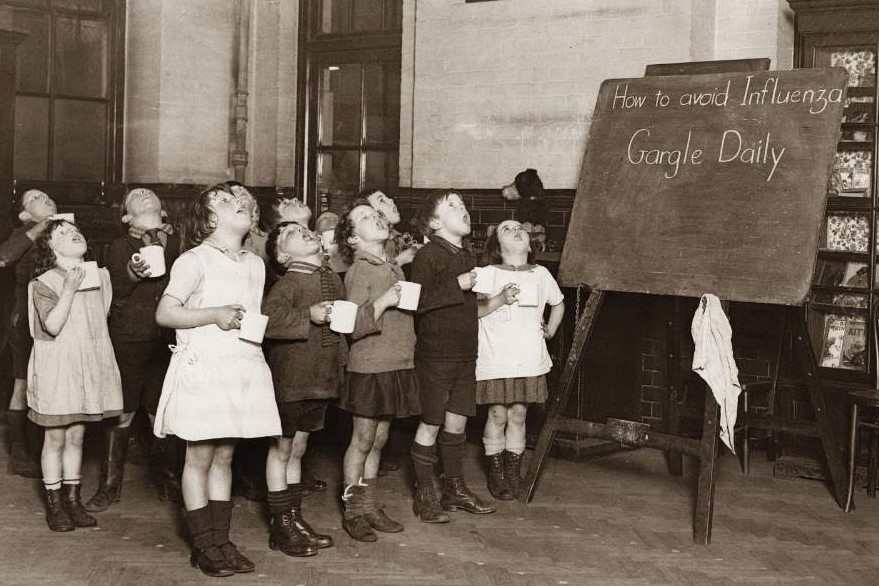Oh, I like this kind of thing:
A federal appeals court upheld a Texas law that bans Big Tech from censoring speech based on political viewpoint on Friday.
House Bill 20 prevents social media companies with more than 50 million monthly users banning users simply based on their political viewpoints. The law also requires several consumer protection disclosures and processes related to content management on the social media sites to which the bill applies. These sites must disclose their content management and moderation policies and implement a complaint and appeals process for content they remove, providing a reason for the removal and a review of their decision. They also must review and remove illegal content within 48 hours. House Bill 20 also prohibits email service providers from impeding the transmission of email messages based on content.
Needless to say, the Left went into full hair-on-fire mode:
The law was promptly challenged by NetChoice and the Computer & Communications Industry Association. They argued that tech companies have a First Amendment right to select and curate the content people post on their platforms. They were able to get the new law blocked, but Texas Attorney General Ken Paxton appealed that decision — and won.
Fortunately, common sense and Constitutionalism prevailed. In the judgment of the 5th Circuit:
The implications of the platforms’ argument are staggering. In the platforms’ view, email providers, mobile phone companies, and banks* could cancel the accounts of anyone who sends an email, makes a phone call, or spends money in support of a disfavored political party, candidate, or business. What’s worse, the platforms argue that a business can acquire a dominant market position by holding itself out as open to everyone — as Twitter did in championing itself as “the free speech wing of the free speech party.”…Then, having cemented itself as the monopolist of “the modern public square,”…Twitter unapologetically argues that it could turn around and ban all pro-LGBT speech for no other reason than its employees want to pick on members of that community…
The 11th Court found differently, hence it’s off to the Supremes we go. And they can’t punt it back, because two federal appeals courts have conflicting rulings.
Let’s see what happens.
*Note how banks were specifically mentioned, which should make this little episode interesting.


